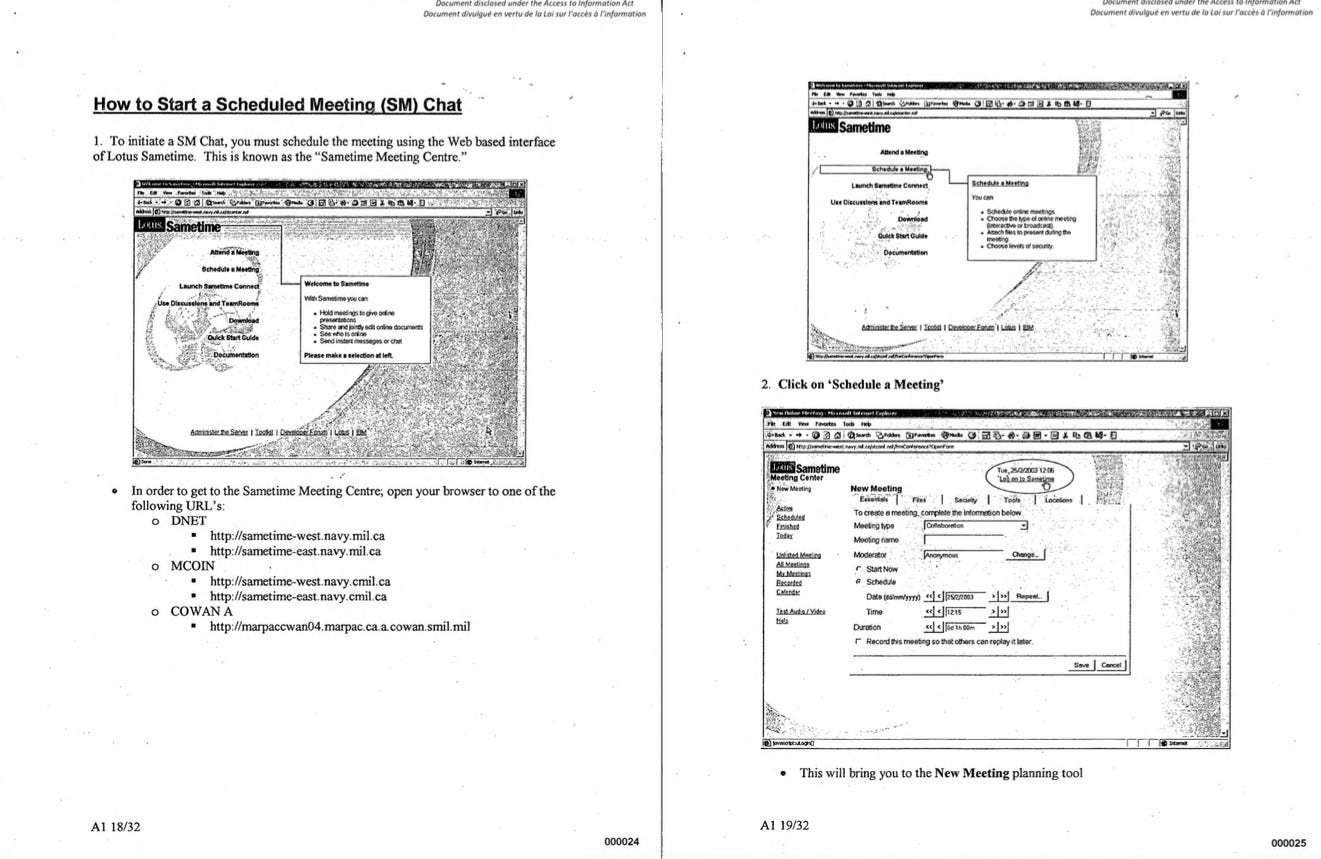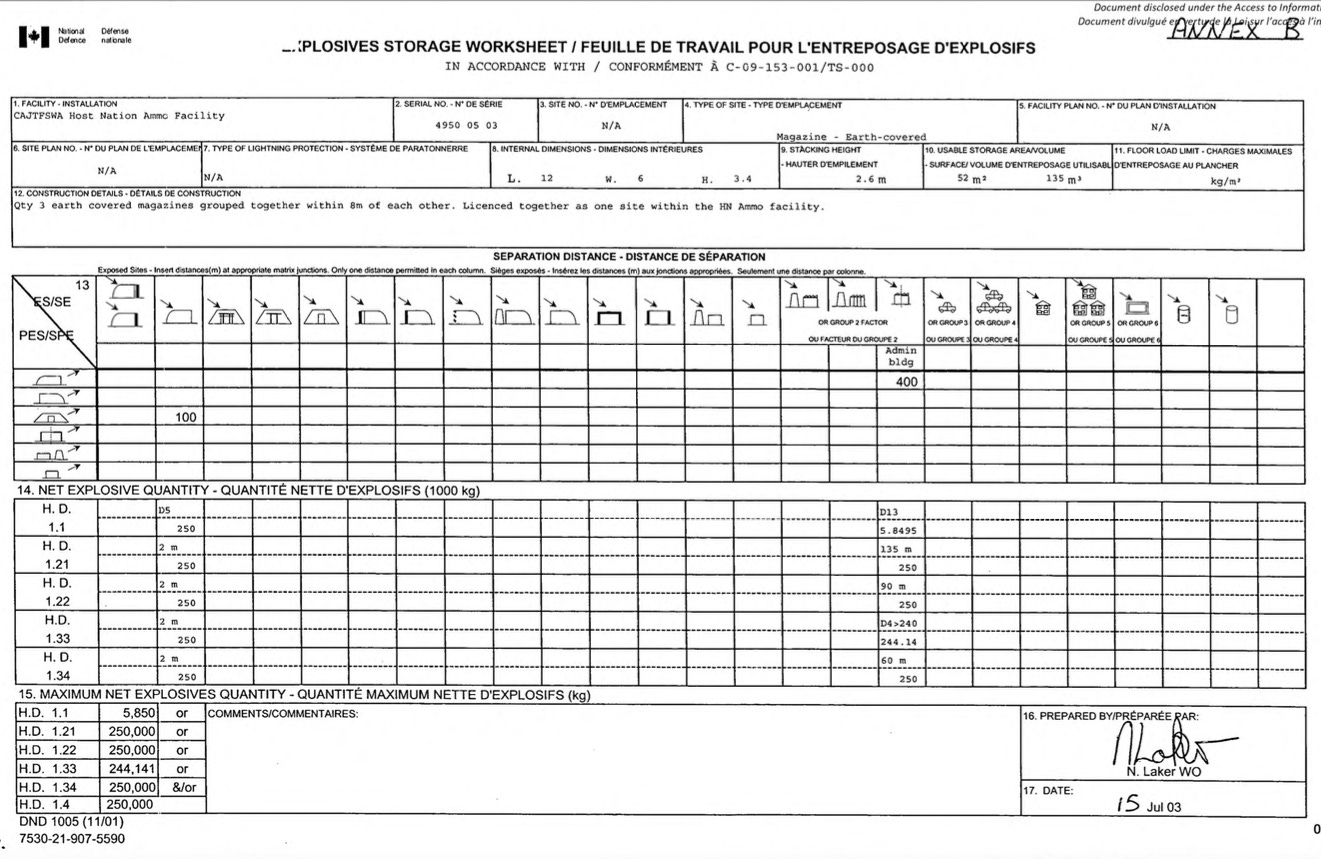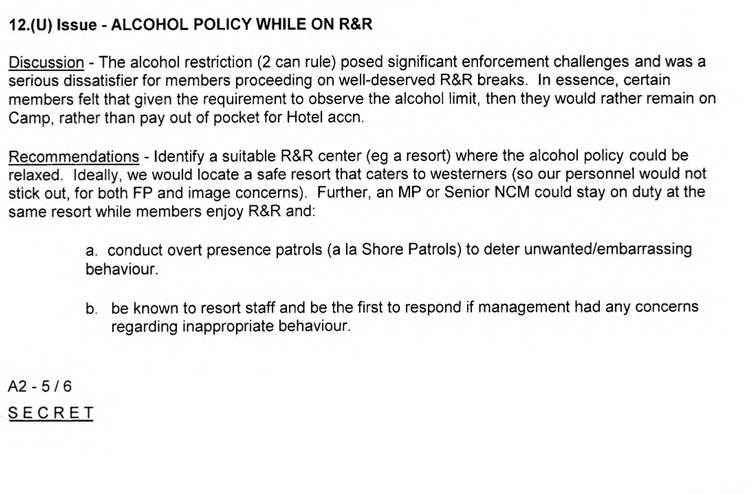*** If you have come for the full archival documents, then follow this link to “The Operation APOLLO Files” at Canada Declassified. ***
Canada Declassified is the name of this newsletter, but it is also the name of a larger project and website I have created to share Canada’s international history. The website features the work of students at the University of Toronto and other colleagues who have worked with me to make newly declassified documents freely available online. You can see our collection of “Briefing Books” here.
Today, I have launched a new exhibit called “The Operation APOLLO Files.” This exhibit features an initial release of records regarding Canada’s early contribution to the “War on Terror” (2001-2003).
In June 2019 I requested seven folders of general records related to Operation APOLLO. So far, I have received four. I will upload more records as they are released.
I hope that students and other scholars will find these useful. While the files are fairly heavily sanitized, there is enough material released to make this a research resource.
The Operation APOLLO Files reveal a side of modern warfare rarely seen by civilians: E-mail chains with multiple .doc attachments; the paperwork, including licences, explosives storage worksheets, and approval forms required to transport and store weapons of war; the manuals for dealing with “detainees,” including the little form to be filled out in case a detainee dies in captivity; the guidance letters and thank-you notes.
What follows in this week’s newsletter is hardly a scholarly analysis of the Operation APOLLO Files. Instead, I’ve included some excerpts and links to information that struck me as I skimmed the files.
If you know students or scholars working in this area, please point them to these files!
Early days in the War on Terror
These records are from the early days.
When Osama Bin Ladin remained “unlocated.”
And when the prison facilities at Guantanamo Bay, Cuba were not yet built.
Logging On to the Sametime Chat Client
I did not quite know what I would find when I opened the “release package” - the PDF of declassified files that Library and Archives Canada sent me in response to my Access to Information Act release. I had some ideas. I was wrong.
The first document is a detailed step-by-step manual of how to use a piece of chat software: The Lotus “Sametime” chat client. The manual includes pages and pages of screenshots instructing users how to work the chat.
Scholars debate the dividing line between pre-modern and modern warfare. Perhaps the answer lies in the pre-chat/post-chat eras.
Explosives Storage Worksheet
It turns out there is a lot of paperwork that comes with the movement and storage of ammunition and other explosives. There is a licensing procedure. And this, below, is an “Explosives Storage Worksheet”.
Where to Stand When Receiving and NOT Receiving a Medal
Change-of-command and medal ceremonies appear to be very well organized affairs. Now we know one reason why: Diagrams! Note that the computer software used to make these diagrams had a little Clip Art Canadian flag, but no Stars and Stripes.
Guidance to Deployed Commanders
Some of the more interesting (and serious) sets of documents released in The Operation APOLLO Files are the “Guidance to Deployed Commanders” letters. You can read an example of one such letter here.
Some excerpts from a May 2022 guidance document:
“You are operational Commanders/Commanding Officers in this war against terrorism. Canada has made a strong commitment to this war and your efforts have the full support of the Canadian Government and public.”
“You are the envy of every one of your peers back in Canada. Commanding and ‘soldiering’ should be fun. Try not to lose sight of this as you face the day’s challenges.”
End-Tour Report Lessons Observed
The Operation APOLLO Files also include the End-Tour Report for the National Support Unit on Op APOLLO Roto Two. The NSU was located at Camp Mirage in the United Arab Emirates.
The End of Tour Report includes many detailed and specific “Lessons Observed.”You can read the full file here.
One can just begin to grasp the range of challenges these units faced.
There were, initially at least, significant problems with medical evacuations (MedEvac). Trying to move patients through the international airport created serious delays. The Canadians were not allowed to use their own ambulance and patients had to be moved by civilian ambulance and to “to a public hospital, and not one of our choice.” Eventually the NSU found a way of managing this problem.
Also of serious concern: The “number one threat” to Camp Mirage was a Vehicle Borne Improvised Explosive Device (VBIED). But for “the last 18 months there has been NO explosive detection capability” at the base. The lesson observed here was that portable detectors needed to be standard kit.
Thanks to the Outback Steakhouse
A number of Canadians were based in Florida, home of the United States Central Command. One July night, fourteen Canadians attended a special dinner honouring coalition troops serving in support of Operation Enduring Freedom. A Canadian Colonel wrote two letters of thanks for the dinner. I found his letters particularly poignant for some reason.
You can read one here.
Logos
The Long Range Patrol Detachment logo. I wonder if the camel and palm tree were designed for this purpose, or if they were part of the Clip Art of the day.
The Alcohol Policy
The “2 can rule” was a “serious dissatisfier”.
The Impact of Operation Iraqi Freedom
Canada did not participate in the invasion of Iraq. But there is a lingering rumour that while the Government of Canada did not send troops to invade, it tasked forces in the broader region to support Operation Iraqi Freedom. (This notion was given a boost by a Wikileaks cable that recorded a Canadian official trying to assuage American diplomats after Canada’s stinging rebuke in the House of Commons. I expect to have more to say on this conversation in a later post!)
This excerpt from the Long Range Patrol Detachment’s End Tour Report makes clear that at least some Operation APOLLO units implemented “measures … to ensure there was no direct or indirect Canadian support for OIF missions.” This had costs outlined in the document. This excerpt also confirms that the Americans restricted information available to Canadian units. It would be interesting to track the “Impact of Operation Iraqi Freedom” on other Canadian units.
“Treatment, Handling and Transfer of Detainees”
This is an 18-page document (including annexes). You can read it in full here.
The annexes include:
TAGS (to be attached to detainees. “Note 2” is interesting.)
DETAINEE TREATMENT CARD
DETAINEE PROCESS
Getting There
Are personal weapons “carry-on” luggage? The answer is no. They were “bundled and stowed in aircraft holds.”
Time for a new camp: Are you getting a warm/fuzzy?
Let’s face it. We’ve all written emails like this, even if we haven’t all tried to get the Americans to take us with them to their new camp.
***
Citation information available at Canada Declassified via the links at the top.

















The I in VBIED stands for improvised not improved.
Of course. Autocorrect typo. Fixed. Thanks.